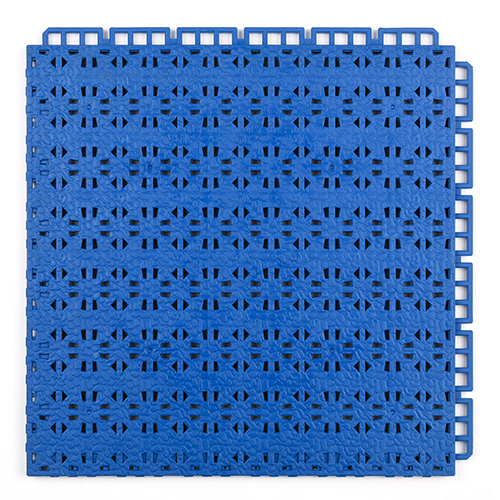Jul . 30, 2024 00:24 Back to list
Exploring the Cost Factors of Commercial Vinyl Flooring for Your Next Project
Understanding the Costs of Commercial Vinyl Flooring
When considering renovations for commercial spaces, selecting the right flooring material is crucial. Among the myriad of options available, commercial vinyl flooring stands out as a popular choice due to its durability, affordability, and versatility. However, understanding the costs associated with commercial vinyl flooring is essential for businesses looking to optimize their flooring investment.
What is Commercial Vinyl Flooring?
Commercial vinyl flooring is specifically designed to withstand the high foot traffic typical in business environments. It comes in various forms, including sheets, tiles, and planks, each catering to different aesthetic and functional requirements. This type of flooring is manufactured from synthetic materials, primarily polyvinyl chloride (PVC), offering a wide range of colors, designs, and finishes that can easily mimic natural materials like wood or stone.
Factors Affecting Vinyl Flooring Costs
1. Material Quality The quality of the vinyl influences the price significantly. Higher-grade materials tend to cost more but offer increased durability and better performance over time. Commercial-grade vinyl typically has thicker wear layers, making it more resistant to scratches, stains, and indentations.
2. Type of Installation Installation costs can vary depending on whether the flooring is being glued down, installed as a loose lay, or clicked into place. Glue-down installations may require more labor and materials, while DIY options can reduce overall costs.
3. Underlayment Costs Depending on the existing floor and specific requirements, an underlayment may be necessary. The underlayment provides additional support, sound dampening, and cushioning, which can add to the overall cost.
4. Design and Finish Commercial vinyl flooring comes in various designs and finishes, each with different price points. Unique patterns or custom designs may elevate costs, while standard colors and patterns typically fall within a more affordable range.
commercial vinyl flooring cost

5. Labor Costs Depending on the complexity of the installation and the local labor rates, labor can significantly impact the total flooring cost. It's vital to obtain multiple quotes to ensure a competitive price for labor.
6. Maintenance Requirements Although vinyl flooring is relatively low-maintenance, it does require periodic cleaning and occasional refinishing. Understanding these costs will help in budgeting for the long term.
Average Costs
The cost of commercial vinyl flooring can vary widely, typically ranging from $2 to $7 per square foot, depending on quality and style. Installation costs can add an additional $1 to $5 per square foot. Hence, for a standard commercial room of about 1,000 square feet, the total cost could range from $3,000 to $12,000, including materials and installation.
Long-Term Investment
While initial costs may seem daunting, commercial vinyl flooring can be a smart long-term investment. Its durability can lead to lower replacement costs over time, and its versatility allows businesses to create an appealing and professional environment. Moreover, the ease of maintenance helps in reducing ongoing cleaning costs.
Conclusion
In conclusion, evaluating the costs associated with commercial vinyl flooring involves a thorough assessment of material quality, installation methods, and long-term maintenance. Although it presents a considerable upfront investment, the benefits of durability, aesthetic appeal, and overall performance can make it a worthy contender for any commercial flooring project. By carefully weighing these factors, businesses can make informed decisions that align with their budget and operational needs.
-
Sport Court Tiles with AI Innovation | Durable & Safe
NewsAug.01,2025
-
Vinyl Carpet Flooring | Durable & Waterproof Design
NewsJul.31,2025
-
Premium Basketball Board Stand with GPT-4-Turbo AI
NewsJul.31,2025
-
Premium Maple Flooring for Gyms & Homes | PVC & Vinyl Options
NewsJul.30,2025
-
Premium Outdoor Basketball Court Tiles for All Weather Use
NewsJul.30,2025
-
Durable Basketball Board Stand for Indoor & Outdoor Use
NewsJul.29,2025

